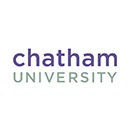Programme Type: Undergraduate
Course Overview
Quality journalism tells powerful, important and interesting stories. The most creative journalists combine words, pictures, video and graphics to make their stories even more engaging.
Our students develop the writing and visual skills to produce stories across platforms — print, broadcast, web, social and mobile media. In our program, we train students so that they will be up-to-date using any skill set required on their first day of any job. They understand the aspects of good storytelling in addition to knowing how to use video, audio and still photography equipment and smartphones in the field. They develop proficiencies in advanced software for editing words, video, audio and still photography. They learn how to use of social media as a reporting and storytelling tool, while gaining an understanding of media law and ethical reporting practices. They receive knowledge of past and current events and how they affect newsgathering and storytelling today.
Manship’s journalism area is unique in that our classes offer a broad range of training in multiple skill sets that land our graduate's great jobs in the field. Students who study in the journalism concentration have a wide range of options, including broadcast/print reporter, producer, videographer/photographer, layout and design professional, copy editor, social media professional, speechwriter and feature magazine writer.
However, journalism, particularly print, is changing every day, and these changes offer exciting options for students who are versatile in telling stories using words, video, sound, photos, social media, and combinations of these tools.
Entry Requirement
International Freshman Requirements:
International students who have never attended a post-secondary education institution will apply as a freshman (first-year student), and must have the equivalent of a U.S. high school diploma with an academic average equivalent to a “B” (3.0 or better on the U.S. 4-point grading system).
The “academic average” is determined by averaging the grades of secondary school academic courses, excluding nonacademic courses such as physical education, vocational/technical courses, religion, art, music, etc.
Students must submit complete official records for the secondary level of education and are strongly encouraged to submit ACT or SAT scores. Students who have taken advanced-level exams, international baccalaureate higher-level exams, or other types of secondary education beyond the 12th year of schooling should submit the official certificates, transcripts, and course syllabi for possible advanced placement university credit.
International Transfer Student Requirements:
International students who have attended any post-secondary level college, university or institution must apply as transfer students. LSU requires the equivalent of a 3.0 (“B” average on the U.S. 4-point grading system) for all transferable credit from accredited international institutions. Applicants with less than the equivalent of 30 semester hours of transferable credit (approximately one year of full-time study) must also qualify for freshman admission.
Students must submit official transcripts from each post-secondary institution attended, listing courses taken and grades earned. Also required are the official course descriptions or syllabi to be evaluated for possible credit toward an LSU degree. Transfer credit is not given for English as a second language, non-English native language courses, or vocational/technical courses. For LSU to award transfer credit, the institution must be accredited or recognized by the Ministry of Education or equivalent government agency in that country, and be suitable for university level credit.
Transfer Credit from U.S. Institutions:
International students who have attended a regionally accredited U.S. college or university must meet U.S. transfer requirements: an overall GPA of at least 2.50, and 30 semester hours of transferable credit, including a college-level course in English and mathematics. If less than 30 hours are earned, freshman requirements must also be met.
Transfer Credit from Both International & U.S. Institutions :
If credit is earned from both international and U.S. post-secondary accredited institutions, a 3.0 GPA is required from international institutions and a 2.5 GPA on all U.S. college work. Students who have less than a 3.0 GPA from international institutions may be admitted if:
- They meet the requirements for transfer from a U.S. accredited college or university (30 semester hours of credit above remedial, 2.50 GPA, math and English courses)
- They have an overall GPA of 2.50 or higher when the U.S. GPA is combined with an international GPA. In this case, courses passed with the equivalent of “C” or higher will be considered for transfer credit from accredited post-secondary international institutions
Fees
| Estimated Yearly Cost: 2020-21 | Louisiana Resident | Non-Louisiana Resident |
|---|---|---|
| Tuition & Fees | $11962 | $28639 |
| Housing | $7860 | $7860 |
| Meal Plan (12 Tiger Meals) | $4314 | $4314 |
| TOTAL | $24136 | $40813 |
This information was accurate on : 08/12/2020
Please contact us for more information about this courses



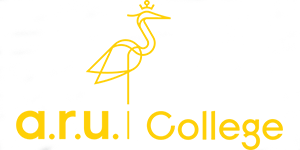


.jpg)

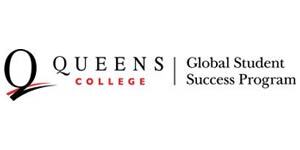
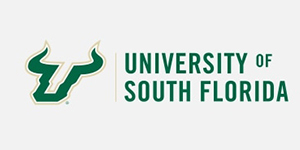


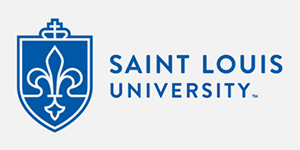






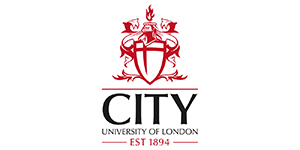




.jpg)









.jpg)



















.jpg)




.jpg)

.jpg)

